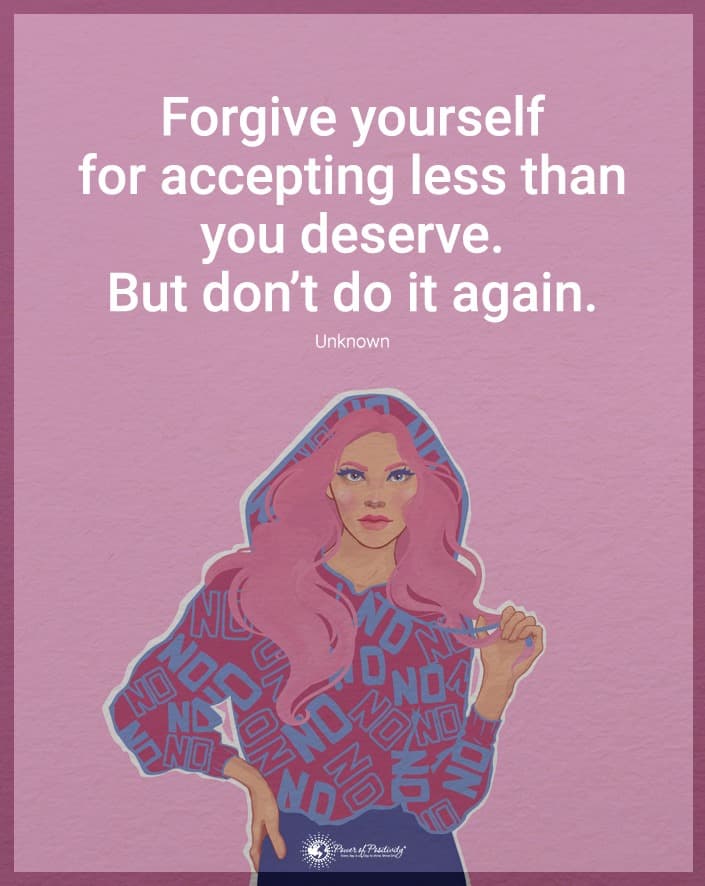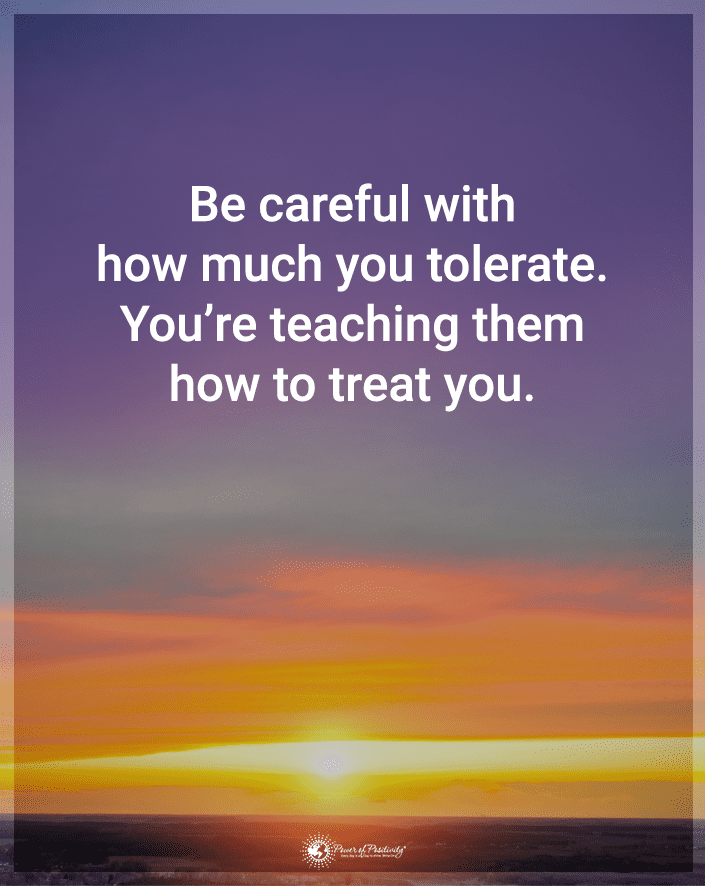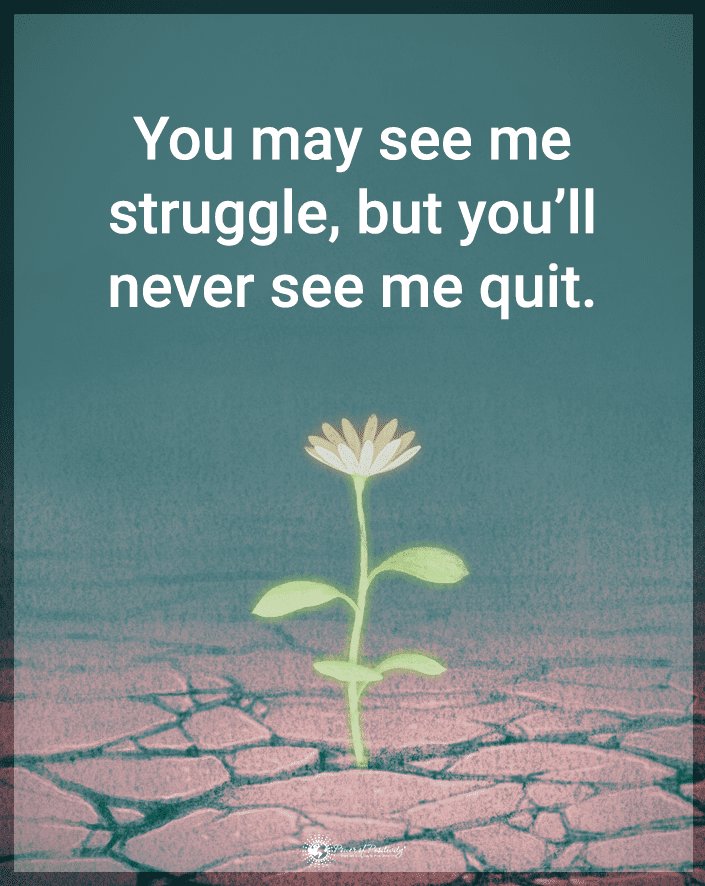Everyone goes through traumatic experiences that help to mold and shape them into the person they need to be. However, the severity of your situation can leave you with emotional wounds that can change your very perception of the world around you. These circumstances can also alter your self-esteem, cause bad relationships, and change how you look at yourself as an individual.
In most instances, these traumatic experiences happen in the formative years of life, during your childhood. As a kid, you have no idea about trauma and how to heal and move past it. As a result, you develop unhealthy coping skills to get by. Many children with behavioral issues are labeled ADHD, oppositional defiant, and some have reactive attachment issues. However, the real problem is that the trauma they’ve experienced has altered every fiber of their being.
If you’ve weathered a few storms in your younger life, you know that these turbulent times will either make or break you, but the choice is up to you. It also depends on the severity of what occurred and your support system. Your emotional wounds may be less significant than someone else who also went through these horrific events with you, as each person is wired differently.
Thankfully, you must know that regardless of what happened to you or how it tried to break you, you’re stronger than you ever imagined. You can take all the hurts and losses in life and use them to become a better person.
Emotional Wounds You Can Grow From

There are many types of abuse that counselors treat each day. Here are five common types of abuse you may have experienced. But first, you must know there’s a way to grow and become a better person from these bad relationships and circumstances.
1. Abusive Parents Cause Emotional Wounds
Your parents are the people who are supposed to love and protect you against all odds. When your parents aren’t there for you and allow things to happen that hurt you, it can cause you to be emotionally unstable. These traumatic experiences cause you to grow up in life seeking constant validation from others.
This is often seen as a cross-generational curse because you never learned how to be a good parent due to a lack of a good example. All the unresolved issues can cause you to question your self-worth as a human being. Besides that, you will look for validation from anyone who will give it to you. Sadly, you may find managing your emotions impossible at times.
The good news is that while bad relationships with your parents can alter you and cause emotional wounds, they can also teach you what not to do. You know what you were lacking as a child. So you can ensure that your children never go without those things. Anyone can have parents who didn’t do an excellent job in their raisings, but the generational curses can stop with you.
2. Emotional Wounds May Come From Abandonment
Abandonment is one of the worst types of emotional wounds to manage, and it causes grievous damage to your heart. Parents often don’t give their children the comfort and security they need during their childhood, and the lack of security makes you very vulnerable. Children that grow up without a good parental figure in their life often have many emotional troubles.
Psychologists typically see abandonment turn into loneliness as adults. These people often have problems interacting with the world around them, so they become loaners. They are insecure and quickly become emotionally dependent on others.
Since they never had any security, they often fear being left out, so they come on too strong and can suffocate in relationships. If you suffer from these types of abuse, you need to learn how to set healthy boundaries, which can help you in all aspects of your life. Even in the business world, limitations are essential.
You also are very in touch with your own needs, so you know the importance of prioritizing your self-care. While you must address the psychological trauma that stems from these bad relationships, you will move forward and learn how to love and be there for those around you.
3. Religious Trauma
If you scroll through the popular social media channel TikTok, you will find many people on this app that are recovering from religious trauma. It seems unfair or unimaginable to think God could hurt someone He loves. But life is confusing at best.
When a person loses a child or goes through a traumatic experience, they often blame God or their higher power for taking them away. One example of such a person is Whitney Frost. According to People Magazine, Frost has 1.7 million followers on this popular site. She had two terminally ill children with INAD or Infantile Neuroaxonal Dystrophy.
On her page, Frost has shared how losing both children in six months was gut-wrenching. When people ask about her faith, which used to be so strong, she states that she and God are on the outs. Can you blame her? It’s hard for the mortal mind to understand how a loving God can take away two children from a family that prayed for a miracle.
It’s easy to see why these devastating losses can upset your faith in a higher power and cause bad relationships. While the Frost family is one example, others have been brainwashed by people who are toxic control freaks. They use God as a cover for horrific acts.

Do you remember the Heaven’s Gate cult run by David Koresh? This self-proclaimed prophet was part of the Branch Davidians. He declared he had a revelation and coerced 76 people into drinking poisonous Kool-Aid to take their lives, according to Biography. It forever changed Waco, Texas, and the views of strange cult practices and religion.
Having bad relationships with your higher power can alter you immensely. It would help if you separated your values from your religious beliefs. Good people make bad choices, and some things are beyond your control. In the Serenity Prayer, you’re instructed to accept the things you can’t change. In fact, you will encounter many things that you will never understand in life.
Suffering religious trauma is just as real as any other type of wound. But you can use these experiences to learn to develop a healthy relationship with your higher power. Many people view God or the Universe as a genie in the bottle who can grant their wishes and need to have realistic expectations.
4. Rejection May Cause Emotional Wounds
Rejection is often the result of destructive relationships where you always feel less than. It can be a relationship where someone cheated on you, or it can be from your parents, who never thought you were good enough. When rejection happens early in life, it can be a wound that never heals.
You fear humiliation, criticism, and taunting from children and adults alike. This kind of emotional wound sends a direct blow to your self-esteem. Thankfully, you can use it to make a difference. Have you ever seen someone that always roots for the “underdog” or a person that goes above and beyond to help the less fortunate?
If you were to peel back the layers of their innermost being, you would likely find someone who fought rejection and is channeling that energy to do good in the world.
5. Lack of Affection Leads to Bad Relationships
Something is comforting about running to your mother or father’s arms and having them hold you tight. Whether it’s storming outside or the world has been cruel doesn’t matter, as you find comfort in their embrace. What if there were no arms to run to in times of trouble? Or what if you had no support system to get through those formative years?
Children who experience a lack of affection are often emotionally closed off. The need for love is just as real as your need to have food and water. The human soul cannot thrive without it. According to Baars Institute, Dr. Anna A. Terruwe first discovered emotional deprivation disorder.
This Dutch psychologist founded this condition in the 1950s when she helped many people who lacked the necessary emotional strengthening from another human. She noted that when there was a lack of affection from bad relationships as a child, it was challenging for a person to become an emotionally mature adult.
Indeed, emotional wounds directly affect your intellect, will, and emotions. It can lead to anxiety or repressive disorders if you allow it to. A parent who never received hugs or cuddles as a child can learn to show affection rather than close themselves off.
You have the power to stop this toxic cycle of abuse. Learning to say words like “I love you” or hugging the neck of someone special can be necessary for them but healing for you.
Final Thoughts on Healing Your Emotional Wounds
Bad relationships cause emotional wounds that are challenging to heal. It’s what you do with these experiences that define you. You can take the bad things that have happened to you and turn them around to grow into someone better.
The other option is to allow those emotional wounds to destroy you and keep you from having a fulfilling life. Maybe you don’t know where to start this healing journey. But processing what’s happened to you is essential to moving past all the hurt. Counseling using tactics like dialectal behavioral therapy can be pretty beneficial, as you can have the life you’ve always envisioned.



















